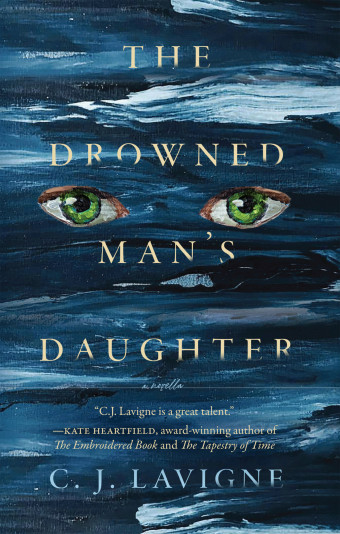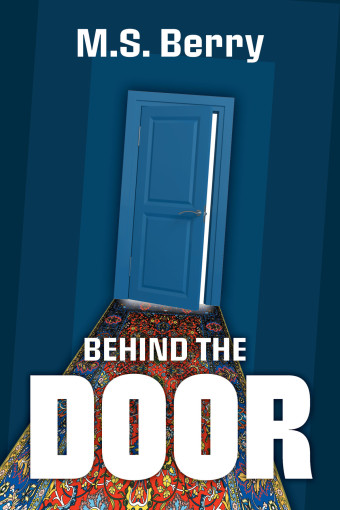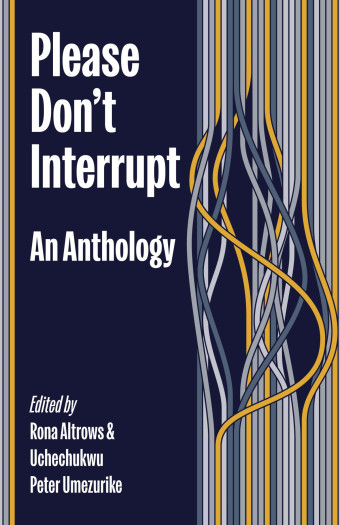Kelly Kaur, in addition to teaching at Mount Royal University and Athabasca University, has many and varied literary publications to her credit, including poems, stories, and anthology contributions.

- Letters to Singapore
- Kelly Kaur
- Stonehouse Publishing
- $22.00 Paperback, 353 pages
- ISBN: 978-19-88754-39-0
But the challenge of writing a novel had eluded her over her 35-year career. Now, as the Calgary-based author prepares to launch her first novel, Letters to Singapore, Kaur shares what she calls the “pure terror” that led her to this untested format.
When she was selected for the Borderlines Writers’ Circle through Alexandra Writers’ Centre and Writers Guild of Alberta in 2019, and given Aritha van Herk as her mentor, “I had to come up with something to write, and having no idea what to do, I figured I would write a novel.”
The juxtaposition of Kaur’s homeland Singapore, an exotic hothouse flower, with Calgary, a Rocky Mountain “rough-around-the edges” cowboy- and oil-dominant culture, was rich fodder for her to explore.
Kaur chose an epistolary form – a series of letters to and from protagonist Simran and her friends and family back in Singapore over three years. The letter format proved to be an excellent literary device, says Kaur. “I could go back and forth. I could fill in gaps. I could delete it. I could carry five stories in intriguing ways.”
Kaur admits she loves that this form allows “eavesdropping on people’s lives, the forbidden act of reading private thoughts, secret lives, and confidential letters.”
She continues, “I think of the delicious unfolding of events that tumble onto the page and the excruciating wait between one letter to the other as they travelled from country to country, continent to continent. How much would have changed in those time gaps as one waited for the letters to arrive.”

Letters to Singapore was drawn from Kaur’s own history as a foreign student in Calgary trying to navigate not only the challenges of a university education but also those of a new environment and cultural standards that often left her flummoxed.
Kaur is emphatic that while she is drawing on her own experiences, this book is not autobiography. She says, “Readers might assume this was my life, my family, and my friends. But it’s not. It’s fiction. I realized that as a writer, I had the artistic licence to create and recreate. Soon, I got bolder and made the stories flow and come to life.
“Of course, there are bits and pieces that are my experiences – like the skiing misadventure, the weather, and the Calgary Stampede. In the end, I figured out that all my careful spying, observations, listening, and watching people’s lives around me had been very useful, then and now.”
While the theme of her novel was developed around the contrasts of diverse cultures, many situations described in the Singapore correspondence reveal universal issues, including domestic abuse, grief, marital infidelity, unwanted pregnancies, and the feeling of being on the outside.
“As a BIPOC woman and immigrant, my stories were true to my background, culture, and tradition. I wrote these letters with the authenticity, vigour, and honesty the women deserved,” says Kaur.
“We may come from different worlds, backgrounds, and cultures, but we are all the same; we are connected by life. That’s what I want readers to take away.”













